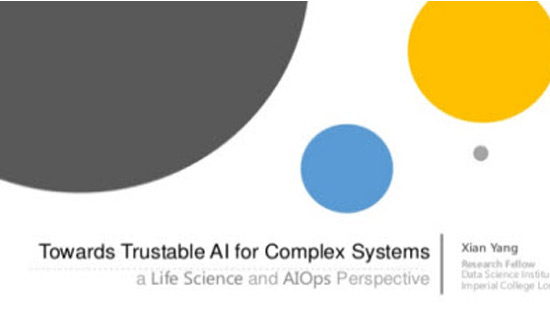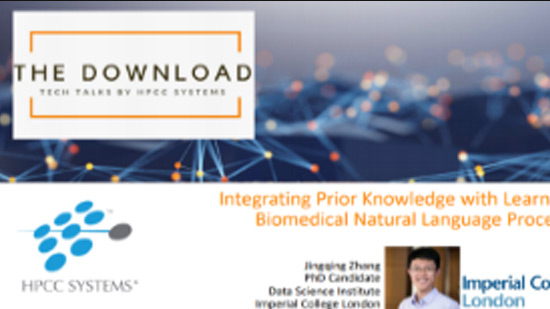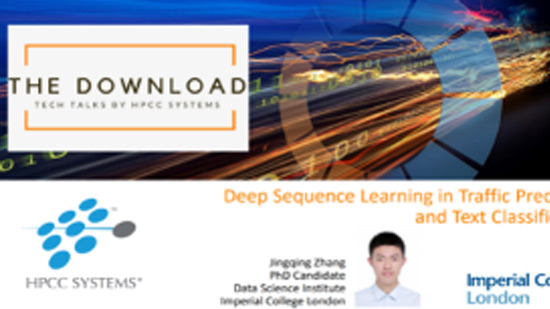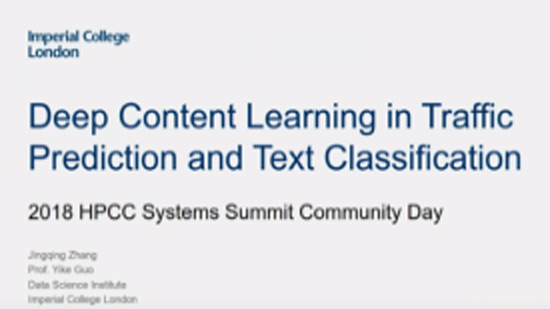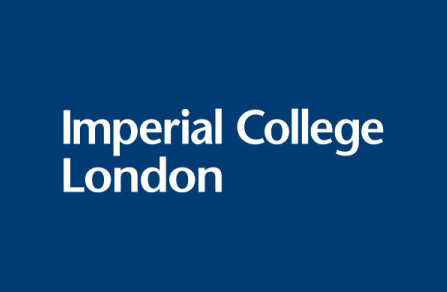
Imperial College London Engagement Goal
Recent advances in Deep Content Learning helps support data-driven research at the Data Science Institute at Imperial College London
Use information gathered from academic abstracts to create a reference of individual topics in a Wikipedia type format, in a quick and easy to use format. The main focus is a general framework called Deep Content Learning using two different example datasets. In the traffic prediction project, a new large-scale traffic dataset was released with auxiliary information including search queries from the Baidu Map app. Proposed were hybrid models to achieve state-of-the-art prediction accuracy. The second project involved zero-shot text classification which integrated semantic knowledge and used a two-phase architecture to tackle the challenging zero-shot learning in textual data. In parallel with this research is also their work on TensorFlow. HPCC Systems is perfectly placed to handle the data processing side and delivery of the data. The idea is to use a Thor cluster for the data cleaning, normalization and linking and a ROXIE cluster for the fast delivery of the data to the user. TensorFlow fits snugly in the middle of this workflow, providing the modeling based mainly on recurrent neural networks.
Key Contact

Jingqing Zhang
PhD Candidate

Yike Guo
Professor, Computing Science
Articles, Blogs, Papers & Presentations

Article
How deep learning could give doctors a helping hand
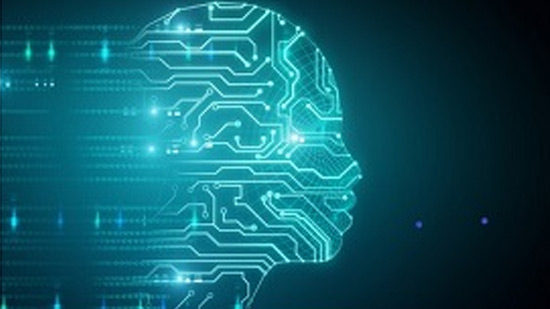
Blog
Update – Integrating Prior Knowledge with Learning in Biomedical Natural Language Processing
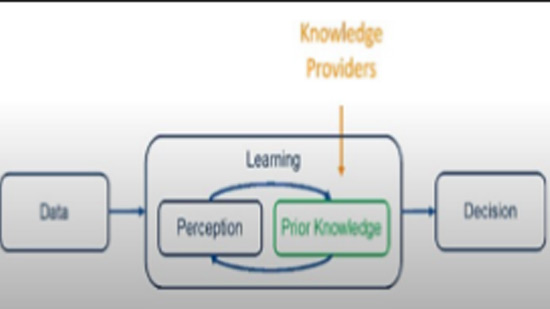
Blog
Integrating Prior Knowledge with Learning in Biomedical Natural Language Processing
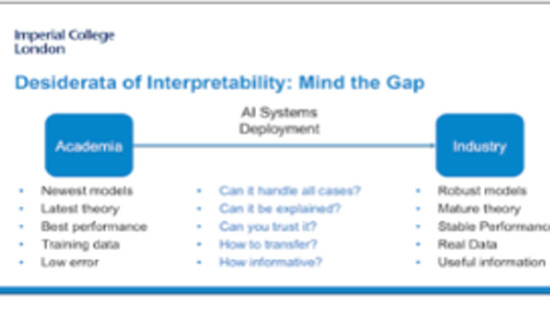
Blog
Enhanced Interpretability in Question/Answering Systems
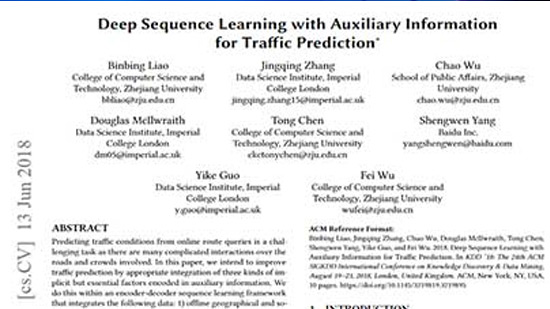
Paper
Deep Sequence Learning with Auxiliary Information for Traffic Prediction
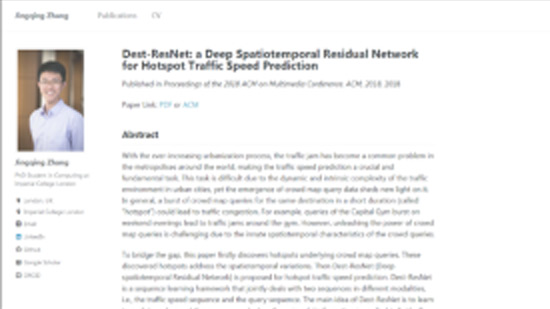
Paper
Dest-ResNet: a Deep Spatiotemporal Residual Network for Hotspot Traffic Speed Prediction
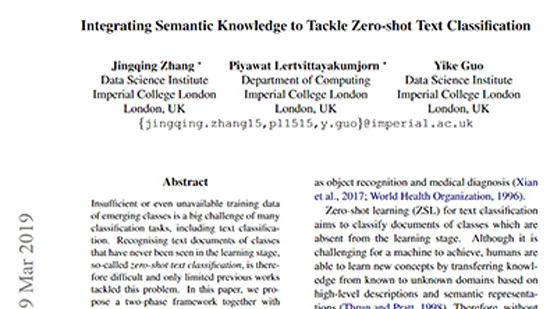
Paper
Integrating Semantic Knowledge to Tackle Zero-shot Text Classification
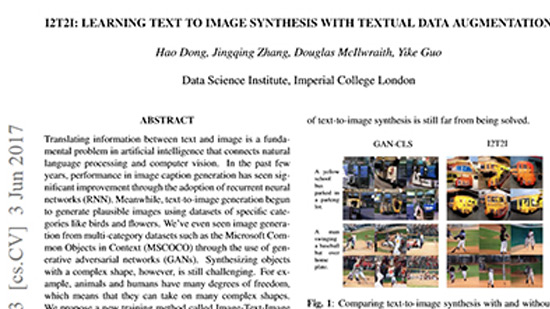
Paper
Learning Text to Image Synthesis with Textual Data Augmentation
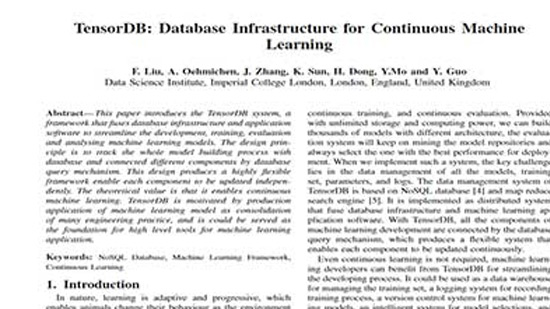
Paper
TensorDB: Database Infrastructure for Continuous MachineLearning
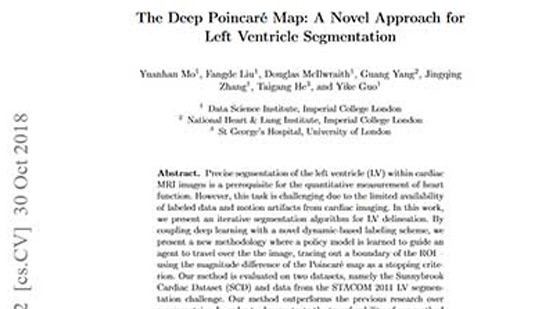
Paper
The Deep Poincaré Map: A Novel Approach forLeft Ventricle Segmentation
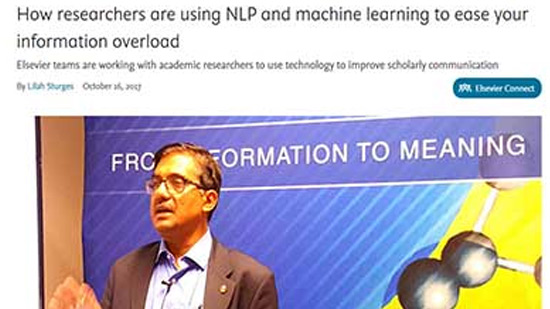
Article
How Researchers are Using NLP and Machine Learning to Ease your Information Overload
